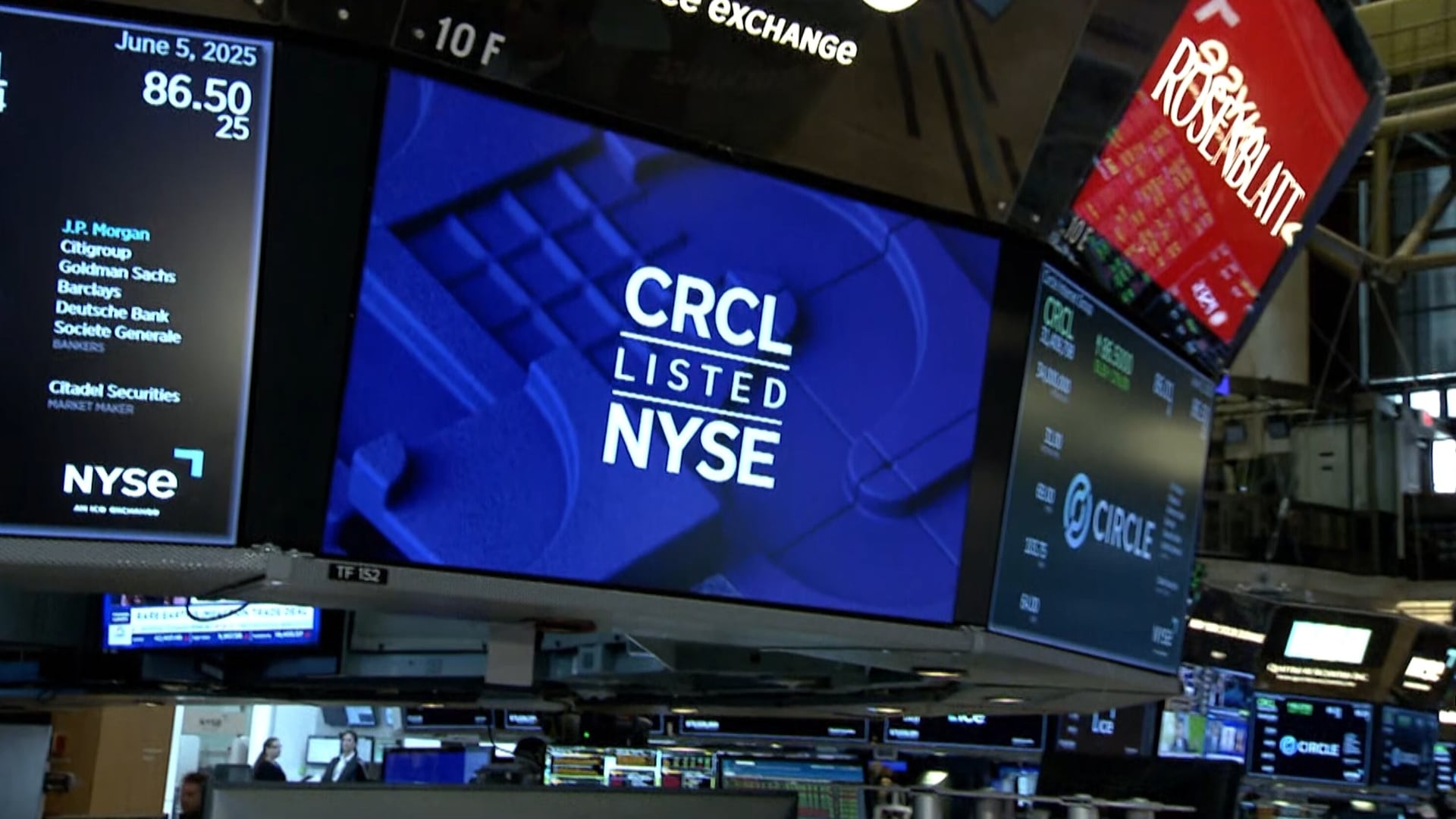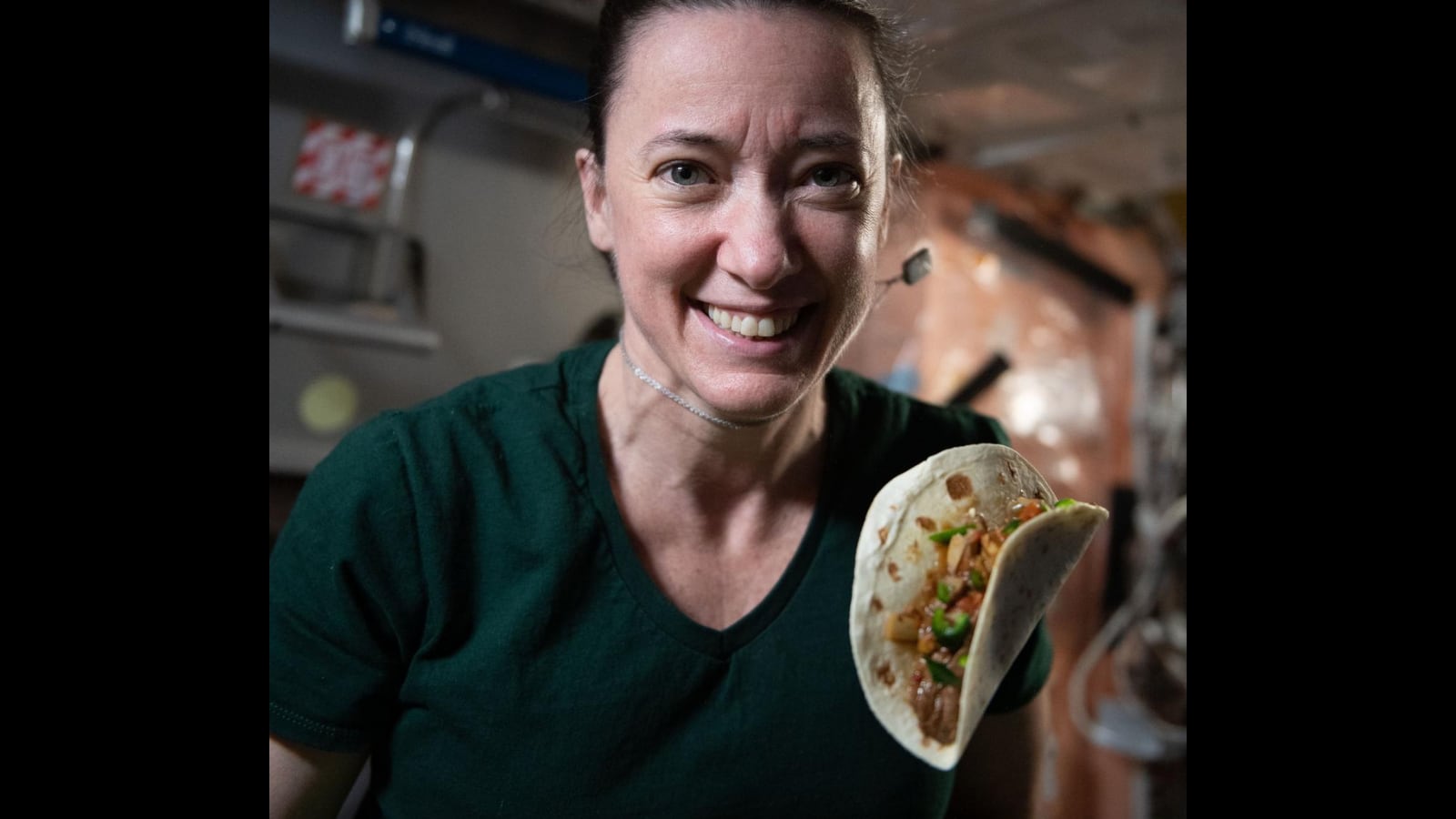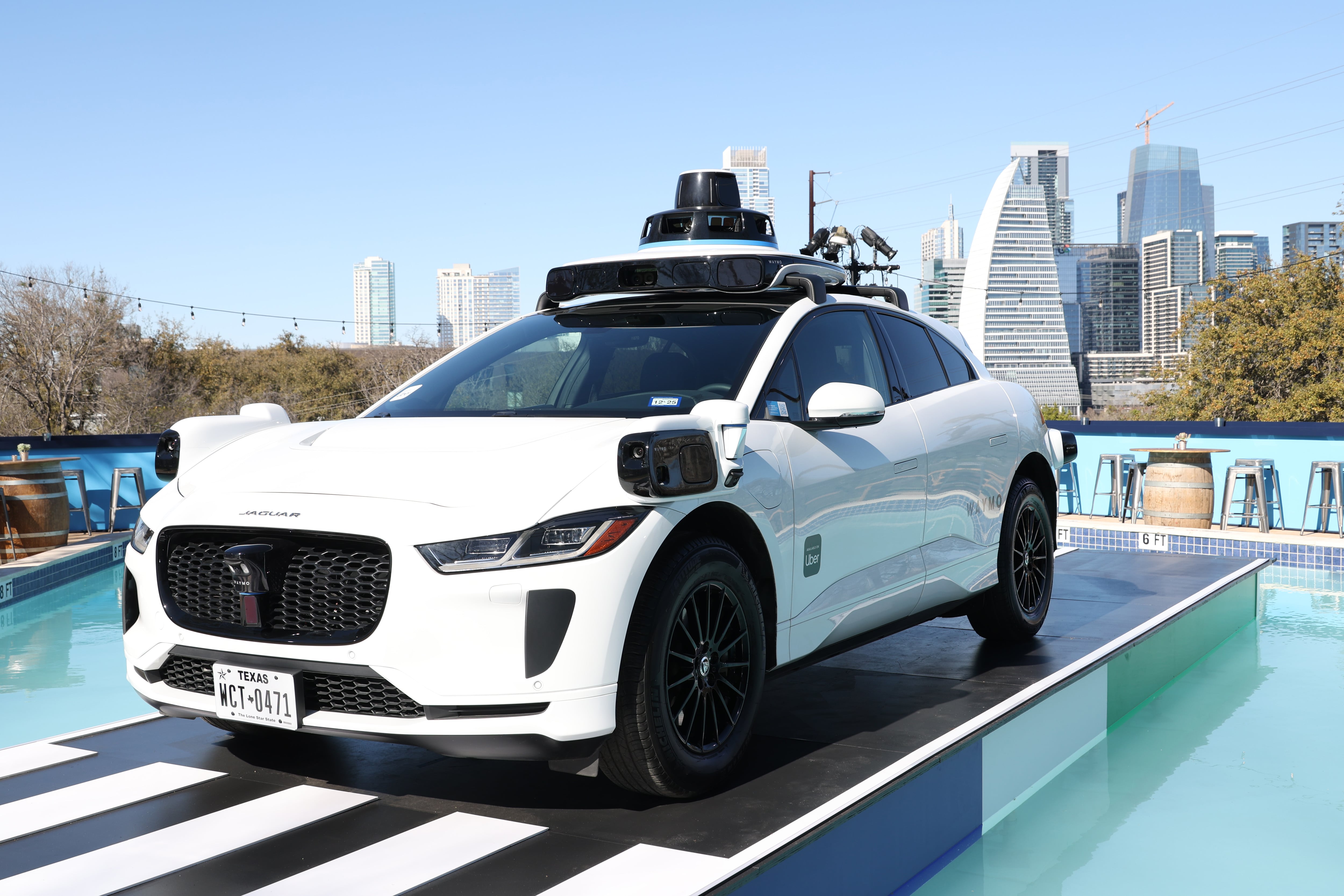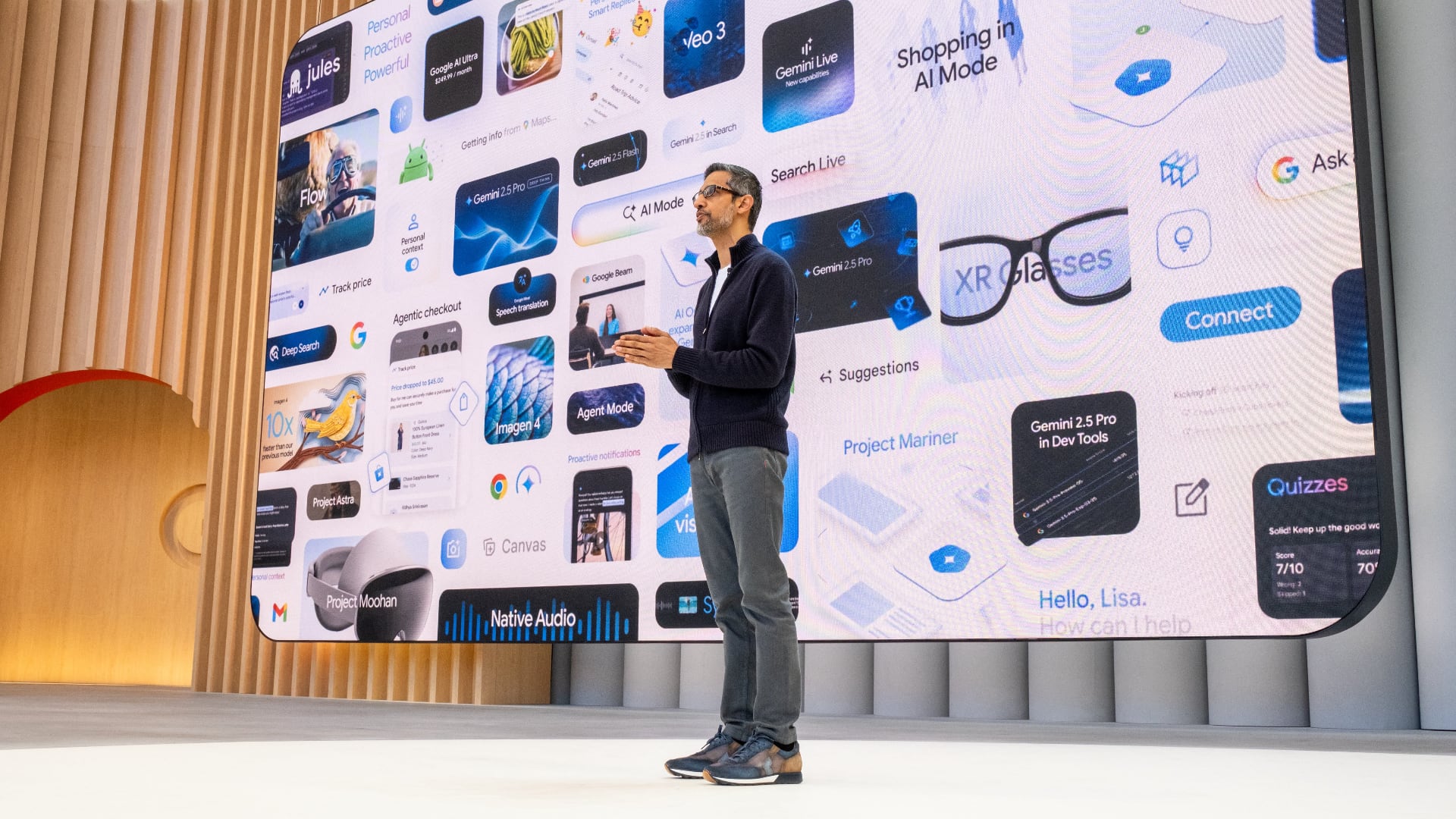Greenlight, which offers kid-friendly bank accounts and debit cards, has raised $260 million in a Series D funding round, bringing its total valuation to $2.3 billion.
While the fintech company has kids in mind for its products, its sales pitch is directed at parents who are looking to teach their children the ins and outs of personal finance.
"Greenlight's all about trying to help parents raise financially smart kids," Tim Sheehan, co-founder and CEO of Greenlight, told Cheddar.
What age range does Greenlight have in mind for its budding financial wizards?
"It can really be any age. It's really up to the parent to decide," Sheehan said.
He added that Greenlight solves two key problems: It provides a way for parents to send their kids money in a "convenient, easy, instant, safe" way using app-based features that help them manage their child's finances, and it helps them teach their kids "healthy financial habits."
For Sheehan, that means learning how to save and even invest.
One product, Greenlight Max, allows kids to pick stocks on a zero-commission investment app similar to popular platforms such as Robinhood. The app encourages kid-investors to research their stock picks before pitching them to their parents, who have to approve each trade. It also allows kids to buy fractional shares, given that they're likely not working with a lot of money.
Sheehan stressed the financial benefits of investing early as well.
"Investing is such a powerful tool, especially if people start when they're young. You can really build wealth over the long-term," he said. "In the investing world, time is money."
This latest investment, Sheehan said, will help Greenlight continue to develop new products and services, as well as invest in geographic expansion and strategic partnerships. It also plans to hire another 300 employees, on top of its current 275, over the next two years.
"Greenlight has quickly emerged as the leader of the family finance category," said David George, general partner at Andreessen Horowitz, which led the funding round, in a news release. "Greenlight was built to help parents raise financially-smart kids, and with its breakthrough combination of easy-to-use money management tools and educational resources, the company is well-positioned to become one of the most loved and trusted brands for families around the world."












